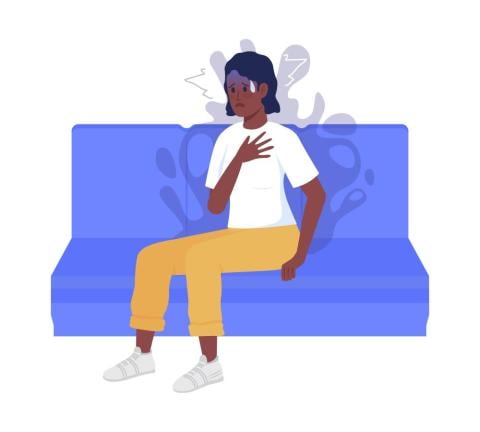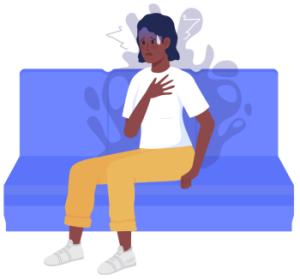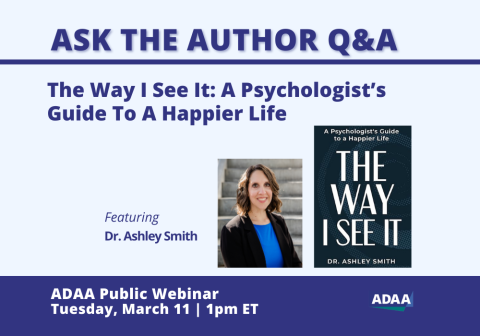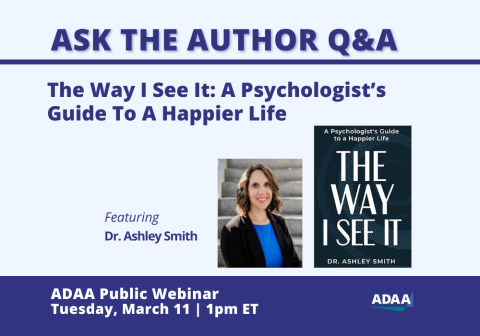Are the Kids Really Alright? Troubling Headlines, Teenage Girls, and Declining Mental Health
Are the Kids Really Alright? Troubling Headlines, Teenage Girls, and Declining Mental Health
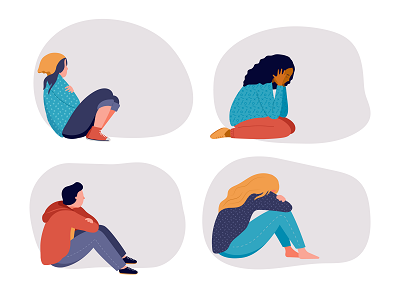
Dr. Debra Houry, in a February 2023 press release from the US Centers for Disease Control (CDC), said that “high school should be a time for trailblazing, not trauma.” The agency’s Chief Medical Officer and Deputy Director for Program and Science was referring to alarming mental health data around school-aged teenage girls experiencing record-high levels of sadness, violence, suicidal thoughts and behaviors. At a time when they ought to be enjoying some of the best years of their young lives, so many of our nation’s youth are distraught, depressed, stressed out, and anxious.
As a psychiatrist working with children and adolescents, with a particular focus on women and those who identify as female, I am not surprised by Dr. Houry’s words and the distressing findings in the report, but I am deeply saddened. I’m sad that I continue to see troubling headlines telling me that a high percentage of teenage girls, as well as LGBTQ+ youth, feel persistently sad, experience continued feelings of hopelessness and low self-esteem, and fear for their physical and sexual safety.
The Recent Numbers are Staggering
The CDC’s analysis, which includes 2021 data and trends from the national Youth Risk Behavior Survey, shows that persistent sadness and/or hopelessness in teenage girls increased from 36% in 2011 to 57% in 2021; whereas in teenage boys, it went from 21% to 29% in that same time frame.
Children and adolescents were struggling even before the pandemic, which we know had a detrimental effect on youth mental health but in the aftermath of Covid, we see youth mental health continuing to decline. Particularly concerning is the increase in reports of harmful experiences among teen girls.
Sobering statistics regarding teenage girls from the CDC report like the ones below must be addressed:
- Nearly 1 in 3 (30%) seriously considered attempting suicide, up nearly 60% from a decade ago.
- 1 in 5 (18%) experienced sexual violence in the past year, up 20% since 2017.
- More than 1 in 10 (14%) had been forced to have sex, up 27% since 2019.
For girls in the LGBTQ+ community and women of color, mental health trends show even worse outcomes. According to the report, 52% of LGBQ+ students reported poor mental health and 22% had attempted suicide in the last year. Suicide attempts were also higher among Black students.
Why are Girls Struggling More?
Stressors related to the pandemic such as isolation, uncertainty, online schooling and social distancing added to the mental health crisis, but there are other factors that had and continue to have a bigger impact on girls than boys. It is imperative that we, as clinicians and as a society, evaluate the reasons why teen girls’ mental health is in decline and look at how we can better address these factors.
Multiple possible risk factors for worsening mental health in teenage girls have been proposed. We already know that women have a higher risk of developing a depressive or anxiety disorder than men. These most common of mental health conditions usually start in childhood and around puberty. Reasons for the increased risk in teen girls include the role of fluctuating hormones related to the menstrual cycle and possible heightened sensitivity to interpersonal rejection and peer pressure.
In the last decade, the (mis)use of social media has also been related to worse mental health in some girls. For many adolescents, and girls especially, social media has amplified the effects of being evaluated negatively by peers and has created new problems such as online bullying and shaming.
We Are All Part of the Solution
Reading the stories and reports, knowing the statistics, and understanding the reasons for the current crisis in teenage girls’ mental health are all important. But we also need to act, and act now. Addressing the mental health needs of our teenage girls requires each and every one of us to be engaged.
As parents, we need to monitor our kids’ relationships with social media. We need to make sure they are actively participating in a variety of social activities where they can interact with peers and reduce social isolation. We need to have conversations with them about consent and healthy sexual expression.
As a society, we must advocate for universal preventive intervention at school that promotes wellbeing and a sense of community. School-based measures should include adequate assessment of depressive and anxiety disorders with an established plan on how to refer for evidence-based treatments when needed. If incorporated and administered effectively, school-based mental health services are a valuable way to equitably ensure access to all.
Wake Up and Do More than Read the Headlines
The headlines and the CDC report are indeed alarming, but they should serve as a wakeup call to all of us. Yes, we should think seriously about why we are seeing a steep decline in the mental health of teenage girls, but we have to come together now as parents, family, friends, educators, clinicians, providers, and as a society to support, enhance and establish more preventive measures for our youth.
We must be the ones to steer our teens away from trauma and blaze the good mental health trails they deserve so they can be the trailblazers they are meant to be.





